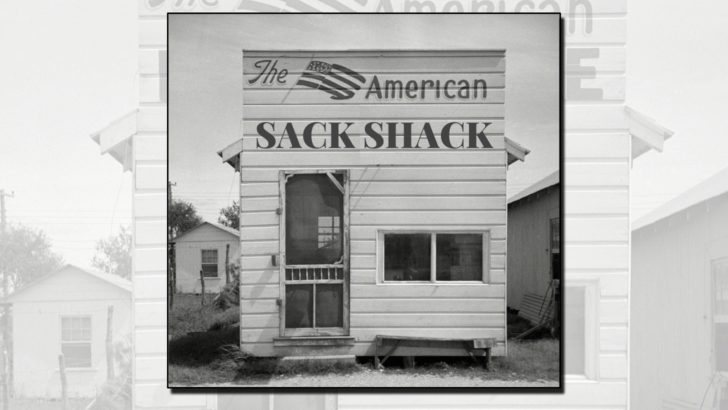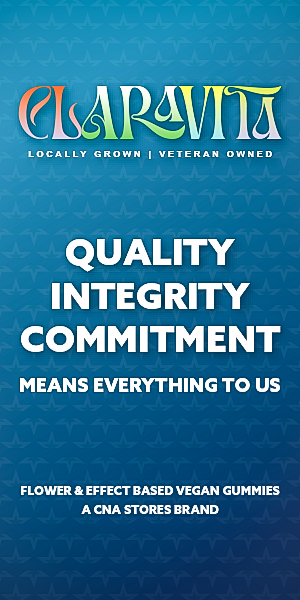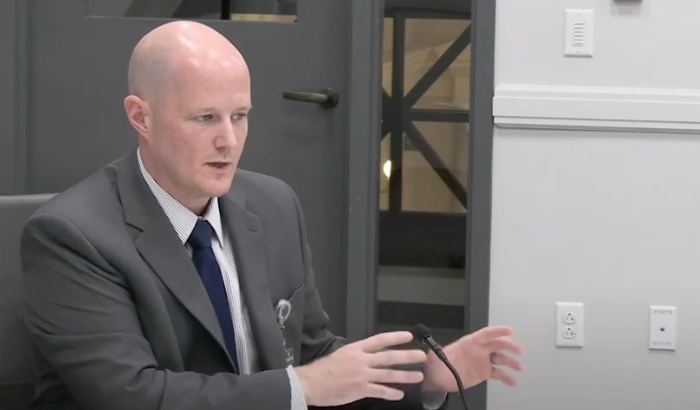
Like a packie, but for cannabis. Get it?
This column was originally published in April 2019
Before getting to the business of the day, it’s critical to trace over relevant history. Specifically, the history of the term “package store,” or “packie” (or, less preferably, “packy”).
As Robert F. Moss, author of “Southern Spirits: 400 Years of Drinking in the American South,” writes, and as other seemingly legitimate historians largely agree with, the term—often used in “the Carolinas and New England”—did not come from states “not wanting their citizens to be seen carrying disreputable liquor bottles on the street” and mandating “that liquor stores sell all their goods in brown paper bags—that is, in packages.” “This derivation,” Moss writes, “is based upon the method of historical research I like to call ‘just making stuff up.’”
As for the actual origin, Moss continues about a “South Carolina dispensary, an early and unique experiment in state-controlled sales of alcoholic beverages”:
Under the Dispensary system, only the state government could sell alcohol in South Carolina. A “dispenser” was established in the seat of each county, and each county dispenser purchased liquor from the central dispensary in Columbia. All the saloons, hotel bars, and retail liquor stores had to close their doors.
When the Dispensary law went into effect in 1893, the only entity in South Carolina that could legally purchase barrels of whiskey and package it in bottles for sale was the state government. Former liquor retailers and saloonkeepers tried every dodge they could think of to skirt the law … One possibility they seized upon was a U.S. Supreme Court decision … Leisy v. Hardin (1890) [in which] the court had held that no state could confiscate property that Congress recognized as being legally imported into that state.
Gus Leisy & Co., an Illinois brewery, had shipped a load of beer in barrels and bottles to Keokuk, Iowa—a dry state—sealed with metallic IRS seals. After the city marshal seized the beer, Leisy sued to get their confiscated property back. Because Federal law at the time did not ban the importation of alcohol into a state, the Court ruled, as long as the beer was still in its “original package” it was legal and could not be confiscated.
And so it was. Now for my proposal …
At this point, Massachusetts has a chance to make a serious mark on legal cannabis culture. Sure, states out west have a head start, but having the first recreational shops on the entire East Coast still puts us in a seriously prime position to leave lasting marks. The Commonwealth’s Cannabis Control Commission (CCC) hopes to set replicable standards on the regulatory front and, despite blunders that include taking too long to approve businesses, may prevail in that way to a degree. As for me, while I’m always pushing to make some kind of an impact in the cannabis media space, my first priority is to put “sackie” on the map. That’s right, sackie. Or sacky. Take your pick.
That’s what I am calling legal weed dispensaries from now on. I’ve thought a lot about this and considered other options such as “bakery,” and this one seems to have the most potential. I’m sure that some people will find the term a bit testicular, but I’m sure that anyone who is mature enough to meet a guy named Dick and not immediately laugh out loud can handle it.
For official backstory, we need something a little bit less obvious than it’s shorthand for a “sack of weed,” since that’s how monikers that stand the test of time tend to work. People will always think it comes from that, which is okay, but it’s far more interesting for the origin to be, for example, that the lines were so long outside of the first legal shops that customers had to bring their own lunches. In a sack. Yeah, let’s go with that.
Listen, I’m quite aware that the best way to ensure that people don’t use a nickname is to suggest one in the first place, like George Costanza’s attempt to be called T-Bone. But I couldn’t resist. It’s early for the industry, especially around here, and the concrete on the sidewalk is still wet.
You can back me or sack me, but I’m going with—hell, I’m going to the sackie.
























